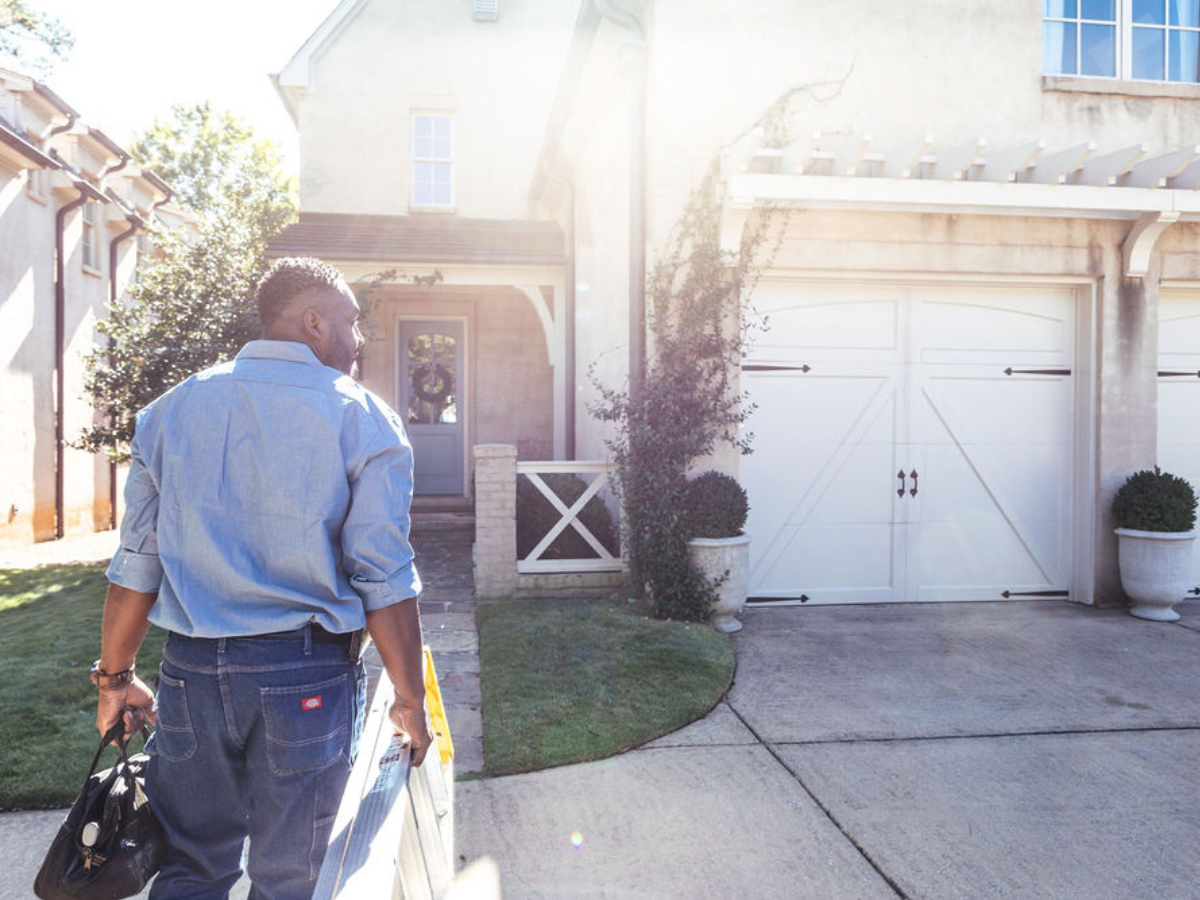In the world of property ownership, one common fear among landlords is the potential for property damage due to delayed or inadequate maintenance. To ensure the integrity and value of their properties, landlords need to understand the importance of timely and effective maintenance. This article will delve into the consequences of neglecting property maintenance and propose strategies for effective maintenance management, including dealing with unexpected property damage.
Section 1: The Consequences of Neglecting Property Maintenance
When property maintenance is neglected, the immediate impacts can be severe. Not only can this lead to increased costs in repairs, but it can also result in significant property damage and safety hazards. For example, a leaky roof left unattended can cause water damage to the ceilings and walls; a faulty HVAC system can lead to uncomfortable living conditions, especially during extreme weather, and neglected plumbing lines can result in costly water damage and mold growth.
Furthermore, the long-term effects of neglecting property maintenance should not be underestimated. A property that is not properly maintained can experience a depreciation in value over time. Delaying necessary repairs can lead to larger, more expensive problems later on.
Neglecting property maintenance can also have legal implications for landlords. In most jurisdictions, landlords have a legal responsibility to ensure that their properties meet certain health and safety standards. Failure to address maintenance issues promptly can result in fines, legal disputes with tenants, and even liability for any damages or injuries that occur as a result of neglected maintenance.
By prioritizing property maintenance, landlords protect their investments, ensure the safety and well-being of their tenants, and maintain a positive reputation in the real estate market.
Section 2: Importance of Routine Maintenance
Preventive maintenance measures play a vital role in keeping properties in optimal condition. Regular maintenance can extend the lifespan of property components. For instance, routine inspections and maintenance of the roof can prevent leaks and prolong its durability. Similarly, regular servicing of HVAC systems ensures their efficient operation and helps avoid costly breakdowns.
Routine maintenance offers cost benefits. The expenses associated with regular maintenance are more affordable than the high costs of major repairs resulting from neglect.
Moreover, routine maintenance can enhance the safety and security of tenants. Regular inspections of electrical systems and smoke detectors can help identify potential hazards and prevent dangerous situations. By ensuring that all safety measures are up-to-date and functioning properly, landlords can provide a secure living environment for their tenants, reducing the risk of accidents and injuries.
Proactive maintenance can improve the overall aesthetics of a property. Painting walls, maintaining landscaping, and cleaning common areas can enhance a property’s curb appeal, attracting tenants and increasing its value. By keeping the property well-maintained inside and out, landlords can create a positive impression that reflects their commitment to quality and attention to detail.
Section 3: Strategies for Effective Maintenance Management
One of the key strategies for effective maintenance management is conducting regular inspections. Scheduling inspections for various areas of the property—such as plumbing, electrical systems, and structural elements—enables landlords to identify potential issues early. Regular inspections also contribute to tenant satisfaction by ensuring that living spaces are safe and well-maintained.
To facilitate efficient maintenance, landlords can create a maintenance checklist. A comprehensive checklist should cover seasonal maintenance tasks, such as gutter cleaning, lawn care, and HVAC filter replacements. By following a checklist, landlords can ensure that no essential maintenance tasks are overlooked or delayed.
Section 4: Dealing with Unexpected Property Damage
Even with routine maintenance, unexpected property damage can still occur. In such situations, having an immediate response plan is essential. This involves taking steps to swiftly assess and contain the damage to prevent further deterioration. For instance, if there is a leak, landlords should quickly identify the source and address it promptly to avoid further water damage.
It may be necessary to seek professional assistance for some cases of unexpected property damage. This could involve contacting reliable contractors who specialize in specific repairs. These professionals have the expertise and tools to efficiently handle the repairs, ensuring that the property is restored to its previous condition as soon as possible.
Section 5: Implementing a Maintenance Plan
To ensure that their properties are consistently well-maintained, landlords should establish a maintenance schedule that encompasses all critical areas of the property and outlines the frequency of inspections and routine maintenance tasks.
Communication with residents plays a crucial role in maintaining the property's condition. Landlords can provide tenants with guidelines on maintaining their living spaces and reporting any maintenance issues promptly. Encouraging open and clear communication channels can help address small issues before they escalate into major problems.
Section 6: Technological Tools for Maintenance Management
Advancements in technology have introduced maintenance management software that can greatly streamline the maintenance process for landlords. These software options assist in tracking maintenance tasks, scheduling repairs, and documenting expenses. By leveraging technology, landlords can increase efficiency, reduce errors, and save valuable time.
Beyond software, integrating technology into maintenance management can involve other tools, such as smart devices and sensors. These technologies can provide real-time data on property conditions and alert landlords to potential problems, allowing for proactive maintenance.
Conclusion
In conclusion, the fear of property damage due to delayed or inadequate maintenance is a valid concern for landlords in Jackson. However, by understanding the consequences of neglecting maintenance and implementing effective management strategies, landlords can address these fears head-on. By prioritizing maintenance and embracing proactive approaches, landlords in Jackson can ensure the longevity, value, and integrity of their properties.
And don’t worry. If the above seems like all too much, you can always outsource maintenance and repairs to a professional property management company. Reach out to our local team today!


